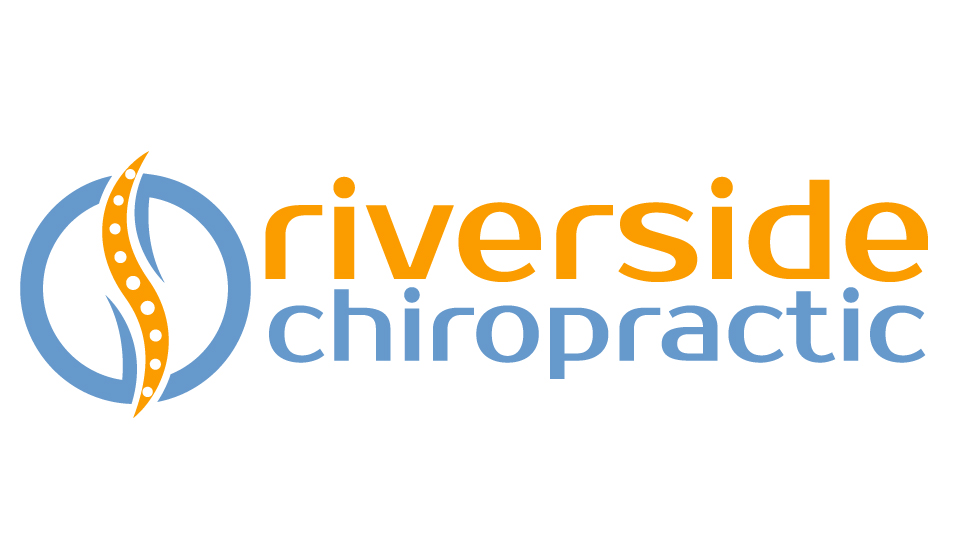Microwaves: Are They Bad For Our Health?
/Let’s take a look at whether microwaves are really something to be scared of. There are 2 main points that I shall be discussing which can affect our health:
1. Does it destroy the nutrients in food
2. Are they dangerous?
Cooking food by any method starts to break down vitamins and other nutrients. There are 3 factors that impact this process: time, contact with water (the most important factor) and intensity of the heat. So, boiling food actually has the most impact on its nutrient content as they are lost in the water unless you plan to consume the cooking liquid as well. The advantage of a microwave is that in most instances very little water is added and the cooking time is quite short. (1)
To help reduce the cooking time further, cover the food so that it steams as well. According to the CSIRO, proteins, fats and carbohydrates are not greatly affected by cooking unless they have been slow cooked. Personally, I am quite a fan of slow cooked lamb and food is to enjoy as well as nourish. (2)
Interestingly, cooking increases the lycopene content, which is an antioxidant, in tomatoes, it does reduce the amount of Vitamin C which is also an antioxidant. (3) Lycopene may be beneficial in helping to reduce the risk of prostate cancer. (4)
Whilst eating raw food is great because the nutritional content hasn’t been compromised by cooking, it is harder to digest the nutrients. Cooking starts to weaken the cell wall and break down proteins making them easier to digest. (5) Eating a variety of cooked and raw vegetables is probably the best way to go and summer is a great time to eat a delicious salad!
In terms of safety, if you are going to use a microwave,
then make sure you use a glass or ceramic container to reduce the likelihood of chemicals leaching out into the food. Also, if you cover it with cling wrap make sure it doesn’t touch the food for the same reason. Another common misbelief with microwaves is that its radiation can damage human cells, unlike X-rays which can. Microwave radiation is not energetic enough to break molecular bonds. It is considered non-ionizing radiation. Microwaves can heat water, including water in your body, and this can have biological effects. That’s why microwave ovens are shielded. The best advice is not to use a really old microwave that may not be functioning well. Also, don’t stand directly in front of the microwave when it is operating. Radiation falls off quickly with distance, so stand a metre away and any minimal radiation leakage will be harmless. (6)
1, 5, 6: http://www.sciencebasedmedicine.org/microwaves-and-nutrition/
2: http://www.livestrong.com/article/368262-do-microwave-ovens-destroy-food-nutrients/#page=1
3: http://pubs.acs.org/doi/abs/10.1021/jf0115589?prevSearch=rui+hai+liu&searchHistoryKey=&
4: http://cebp.aacrjournals.org/content/13/3/340.short
So, I hope this has shed some light on the issue as I hear a lot of people comment on how bad they are for us but really that is just a misconception.


